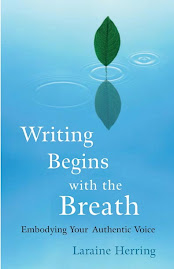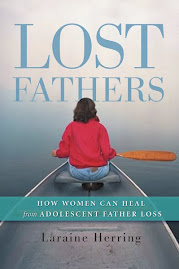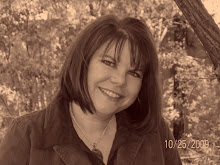After a family dinner last night, I went to the Raven to have another glass of wine, listen to blues music, and talk to my ghosts. I had a dozen pictures with me that our family friends had brought from North Carolina. Pictures of me with large circular glasses. Pictures of my sister when her bones still poked through her clothing. Halloween pictures, my father even then a ghost in the background between my sister and me. Pictures of my mother with long hair, turned up at the ends, wearing cat's eye glasses. My beloved first cat, Charley.
The friends who joined us for dinner have known my sister and me since our births. They carried with them the easy conversation that comes from longevity and tradition. Their Southern accents hit a primal center in me. We would fall asleep to the sounds of Mom and Dad talking with these two people. They are part of the soundtrack of home.
It had been many years since I had seen them. Only one person lives in Arizona who has known me since I was born. Only one. Only two knew me before high school. There is a comfort among people who watched you learn to walk, spell, ride a bike. But even more than that, there is a comfort among people who knew you in the beginning. Perhaps this is why Arizona can never be home. That Southern question, "Who are your people?" has no answer here for me under this big sky.
When people know who you used to be, they can help illuminate who you are. I am not who I was when I lived in North Carolina. I am not who I was twenty years ago. Ten years ago. I have shouted and screamed and attacked everything I felt was unjust, only to find myself more angry, more alone, and more isolated. I wrote venomous plays that preached to the choir, but made no attempt to reach anyone else. My writing stalled as I stalled, underneath armor I meticulously built. I wrote in my diary in high school: If I didn't know you before we moved, I'll never fully let you in. I lived by this for decades, until it became exhausting and unhealthy to divide everyone into two camps. Until I realized the certainty of being unable to change anyone or anything except myself.
All I could do was soften. All I could to was release the armor, stop the ranting, the categorizing, the venom. Only when I stopped using my writing as a vehicle for an agenda did my writing begin to find its way into the world. Only when I stopped meeting everyone with steel did I find the ability to move. When I turned my exploration inward rather than outward, my writing expanded. When I changed the answer to the question "What am I writing this for" from to tear down X to to connect with X, I have found no shortage of stories, essays, and books.
The friends we had dinner with knew me best when I was angriest. I once thought the only fuel for an artist was anger. I couldn't write, I thought, without it. But it turned out, I couldn't write with it. It was eating my heart, and once it finished chewing, what would be left? Fire, I have learned, comes from many places besides anger. It doesn't have to be an uncontrolled blaze that destroys indiscriminantly. It can be consciously cultivated as part of our internal alchemy. It can be a consistent bubbling in the belly that helps us direct our next steps. Fire, uncontrolled, will also destroy the person who set the fire.
I love these people who came to visit. I loved talking with them and listening to them and watching the ghosts of who I used to be circling around the table. This is exactly what home is to me: The place where all our ghosts can gather without fear of exorcism. The place where all the lives of all of us can sit down, have a meal, and then disappear into the ring around the moon. And last night was the first time I have ever felt home here in the desert.
What a beautiful Thanksgiving.
I took digital pictures of a few of the photos they brought:
This is me and Charley at the side door of our house, circa 1980
This is my sister, Melanie (the blonde) and I in 1973.
Halloween, circa 1978-9. Dad is in the center.
The flash above his head was from the original photo.
Makes the picture a bit more ghosty!

















